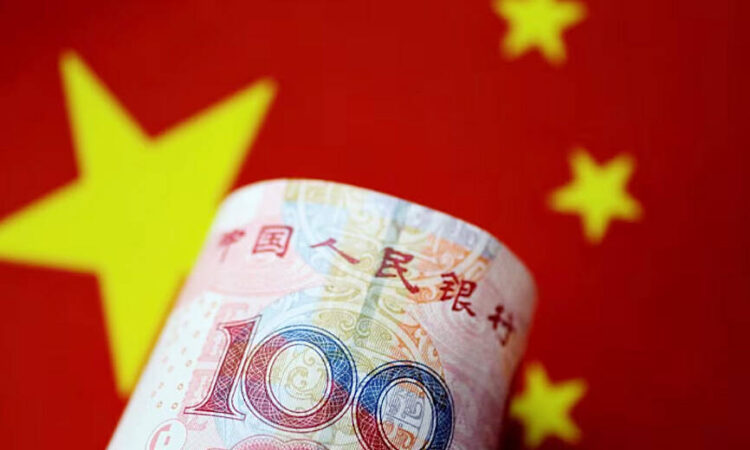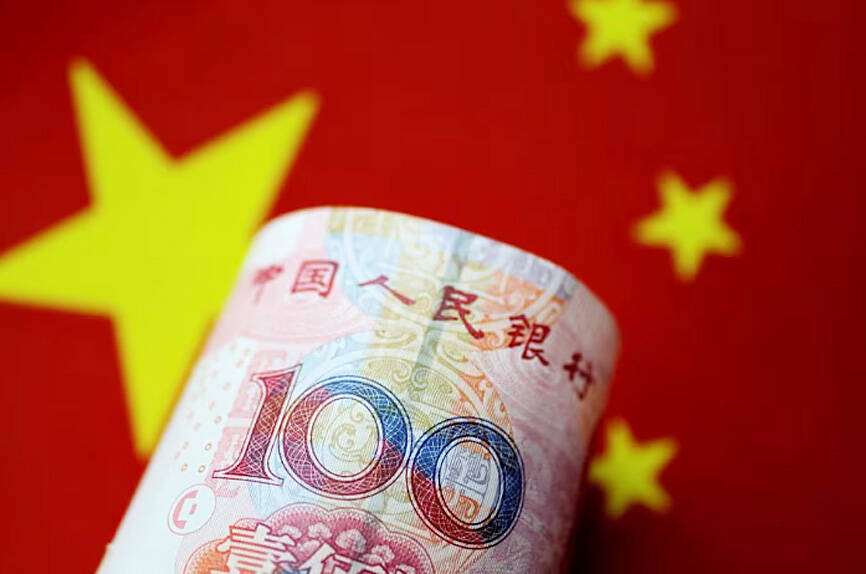
FOLLOW THE MONEY:
Taiwan should follow the EU in passing regulations that require influencers to disclose where their funding comes from, an academic said
-
By Chien Li-chung / Staff reporter
The Ministry of Justice Investigation Bureau (MJIB) is tracking the movement of money from foreign sources to prevent Chinese funds from being used to interfere in the presidential and legislative elections on Jan. 13, sources said yesterday.
The bureau’s Anti-Money Laundering Division is monitoring channels through which foreign money flows into Taiwan, such as underground remittance services, sources familiar with the matter said.
The effort is targeting offshore funding used to increase the click-through rate of online influencers, and support specific candidates and temple charity events, the sources said.

Photo: Reuters
Some online opinion leaders who have gained notoriety by commenting on political issues publish content that attacks Taiwan, or is pro-Beijing, unverified or controversial to gain assistance and donations from Chinese supporters, they said, adding that the actions support China’s “cognitive warfare” tactics.
The bureau is closely monitoring controversial online personalities or the marketing companies behind them to determine if they receive money from suspicious sources, they said.
When suspicious funding is detected, the agencies trace the money and provide cash transaction reports and suspicious transaction reports to help prosecutors investigate such cases, they said.
Chinese election-interference strategies also include buying advertisements through third parties in Taiwan, such as supporters’ associations and foundations, or using temple charity events as a pretense for vote-buying, they said.
Funding for such efforts might be transferred through underground remittance or money laundering schemes using cryptocurrencies, the sources said.
The bureau is working with local prosecutors to share information regarding such cases, they said.
Lo Cheng-chung (羅承宗), a professor and director of Southern Taiwan University of Science and Technology’s Institute of Financial and Economic Law, yesterday said that authorities should target “upstream” funding sources to prevent foreign actors from spreading disinformation through online influencers.
Regulations that have been put in place to prevent foreign actors from interfering in the nation’s radio, television and publishing industries cannot effectively regulate behavior on social media, Lo said.
A large amount of false information is spread online, preventing the public from receiving accurate and complete information, which poses a serious threat to democracy, he said.
France has passed legislation to fight online misinformation, while Germany has passed the Network Enforcement Act to combat false news online and the EU passed the Digital Services Act to protect the rights of digital users, which demonstrates the necessity for legislation to prevent disinformation, he said.
The Securities Investment Trust and Consulting Act (證券投資信託及顧問法) has been amended to regulate online influencers creating content related to investments and holding online platforms accountable for fraud that harms investors, Lo said.
To combat disinformation, Taiwan should follow the example of the EU to require platform operators to be transparent and disclose where their funding comes from, which would reveal which influencers are “paid to talk,” he said.
Comments will be moderated. Keep comments relevant to the article. Remarks containing abusive and obscene language, personal attacks of any kind or promotion will be removed and the user banned. Final decision will be at the discretion of the Taipei Times.






